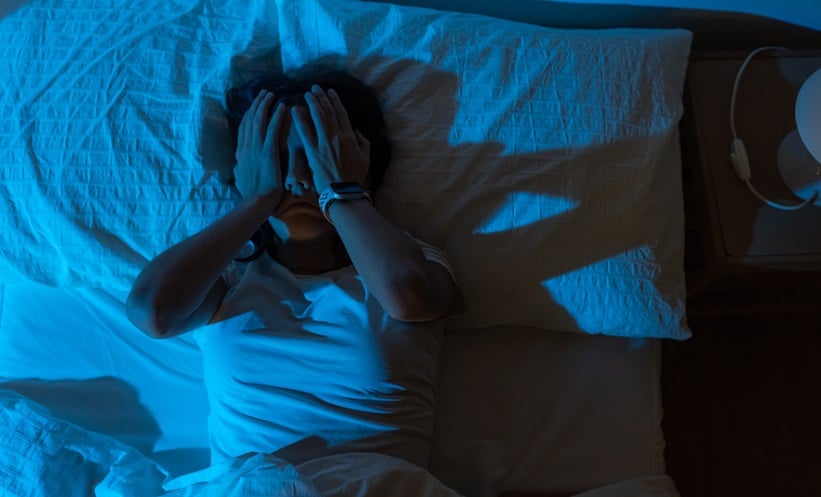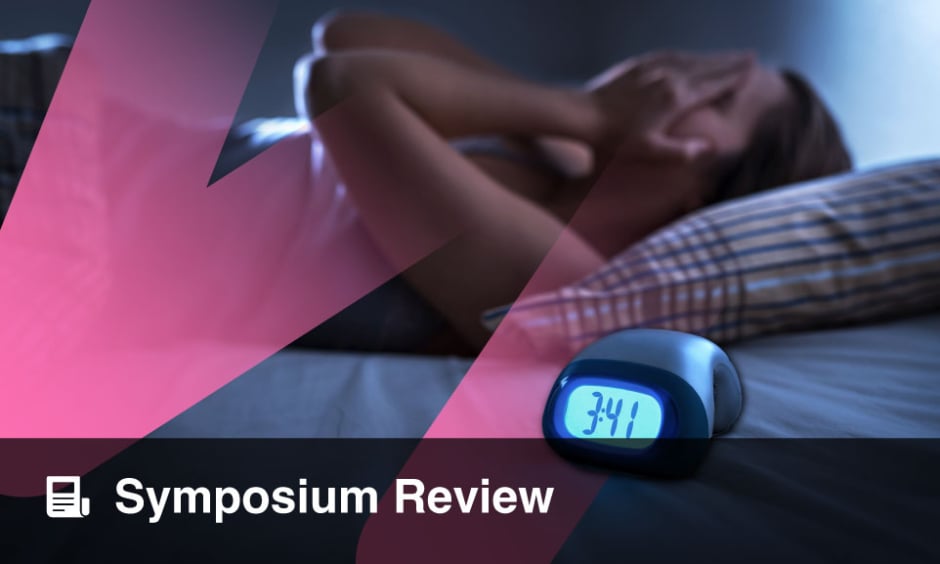TRANSCUTANEOUS auricular vagus nerve stimulation significantly improves symptoms of chronic insomnia disorder compared to sham stimulation.
This randomized clinical trial assessed the safety and efficacy of vagus nerve stimulation in patients with chronic insomnia disorder. Conducted in Beijing, China, from October 2021 to December 2022, the study enrolled 72 participants with severe insomnia, defined by a Pittsburgh Sleep Quality Index (PSQI) score of at least 8. Participants were randomly assigned to receive either active vagus nerve stimulation or sham stimulation over an 8-week treatment period, followed by a 12-week follow-up. The intervention consisted of twice-daily, 30-minute stimulation sessions, five days a week.
The results demonstrated a statistically and clinically significant improvement in the active vagus nerve stimulation group compared to the sham group. The mean reduction in PSQI scores from baseline to week 8 was −8.2 (95% CI, −9.3 to −7.0) in the vagus nerve stimulation group, compared to −3.9 (95% CI, −5.1 to −2.7) in the sham group. This represents a clinically meaningful 4.2-point greater reduction (95% CI, −5.9 to −2.6; P < .001; Cohen d effect size, 1.2). Notably, the benefits of vagus nerve stimulation were sustained over the 20-week study period, and secondary outcomes, including mental health and fatigue, showed similar improvements. Safety evaluations revealed no serious adverse effects.
These findings suggest that vagus nerve stimulation is a safe and effective treatment option for chronic insomnia disorder, offering sustained improvements in sleep quality and associated symptoms. While this study establishes promising results, future multicenter trials with larger and more diverse populations are necessary to confirm its generalisability and long-term efficacy. In clinical practice, vagus nerve stimulation could provide a non-invasive alternative for managing chronic insomnia, particularly for patients who have not responded well to conventional treatments.
Katrina Thornber, EMJ
Reference
Zhang S et al. Transcutaneous auricular vagus nerve stimulation for chronic insomnia disorder: a randomized clinical trial. JAMA Netw Open. 2024;7(12):e2451217.








